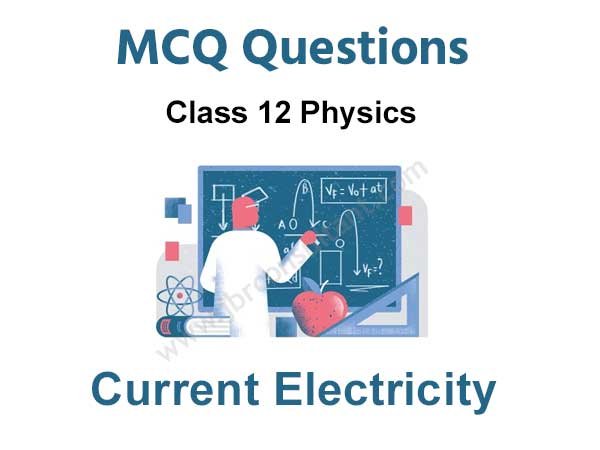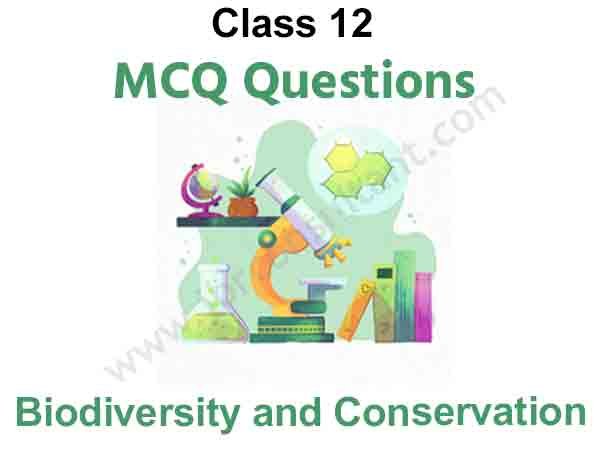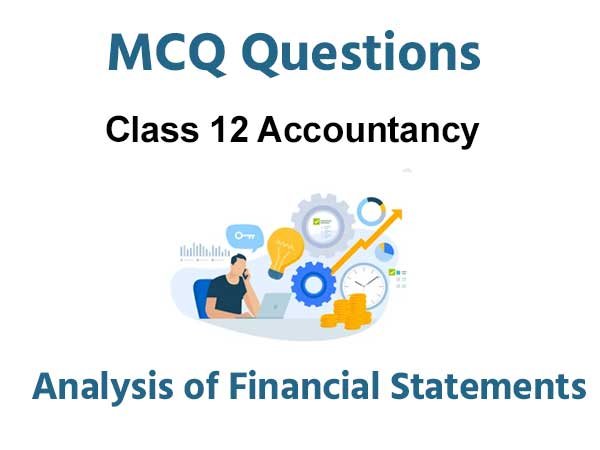Understanding Partition Class 12 MCQ is one of the best strategies to prepare for the CBSE Class 12 Board exam. If you want to complete a grasp concept or work on one’s score, there is no method except constant practice. Students can improve their speed and accuracy by doing more MCQ on Understanding Partition class 12, which will help them all through their board test.
Understanding Partition Class 12 MCQ Questions with Answer
Class 12 History MCQ with answers are given here to Chapter 14 Understanding Partition. These MCQs are based on the latest CBSE board syllabus and relate to the latest Class 12 History syllabus. By Solving these Class 12 MCQs, you will be able to analyze all of the concepts quickly in the chapter and get ready for the Class 12 Annual exam.
Learn Class 12 Understanding Partition MCQs with answers pdf free download according to the latest CBSE and NCERT syllabus. Students should prepare for the examination by solving CBSE Class 12 History Understanding Partition MCQ with answers given below.
Question 1: Choose the correct option:
(a) Muslim League demanded Pakistan in 1940
(b) Cabinet Mission came to India in March 1946
(c) Lord Mountbatten arrived in India in 1947
(d) All of these
Answer
D
Question 2: On which day the Muslim League announced, ‘Direct Action Day’?
(a) 15th August 1945
(b) 16th August 1945
(c) 15th August 1946
(d) 16th August 1946
Answer
D
Question 3: The policy of ______ encouraged Sir Syed Ahmed Khan to fight for the right of the Muslims.
(a) Divide and Rule
(b) Addition and Rule
(c) Do or Die
(d) None of the above
Answer
A
Question 4: Which of the following options is correct:
(a) Jawaharlal Nehru favoured a strong centre.
(b) Dr. Ambedkar was chairman of the Drafting Committee.
(c) The Constituent Assembly passed the Constitution on 26th November 1949.
(d) Hindi was made National language.
Answer
A
Question 5: A separate Electorate was given to the Muslims in
(a) 1892
(b) 1909
(c) 1919
(d) 1935
Answer
B
Question 6: Bangladesh was established in
(a) 1948
(b) 1952
(c) 1971
(d) 1975
Answer
C
Question 7: Lucknow pact was signed in
(a) Dec. 1929
(b) Jan 1915
(c) Dec. 1916
(d) Jan 1917
Answer
C
Question 8: The Hindu Mahasabha established in ______ also worked on communal lines.
(a) 1914
(b) 1915
(c) 1916
(d) 1917
Answer
C
Question 9: The event that brought the British Raj in India to its knees was
(a) Pakistan Resolution
(b) Quit India Movement
(c) Second World War
(d) Provincial elections
Answer
B
Question 10: Mohammad Iqbal was a poet who wrote in the language of:
(a) Urdu
(b) Arabic
(c) Hindi
(d) English
Answer
A
Question 11: Unionist Party belonged to
(a) Punjab
(b) Bengal
(c) Madras
(d) All of these
Answer
A
Question 12: Direct Action Day was celebrated on
(a) 16 Aug 1943
(b) 26 Jan 1930
(e) 15 Aug 1947
(d) 16 Aug 1946
Answer
D
Question 13: Which of the following is not one of the advantages of oral history?
(a) It broadens the scope of history.
(b) It is in chronological order.
(c) It provides information other than the government policy and official records.
(d) It explores the experiences of the ignored people.
Answer
B
Question 14: Who is the writer of the song ‘Sare Jahan Se Achha Hindustan Hamara’?
(a) Rabindranath Tagore
(b) Mahatma Gandhi
(c) Sarojini Naidu
(d) Mohammad Iqbal
Answer
D
Question 15: Choudhry Rehmat Ali, who coined the name Pakistan or ‘Pak-stan’, was a student at the
(a) Bristol University.
(b) Cambridge University.
(c) Durham University.
(d) Oxford University.
Answer
B
Question 16: Muslim league was established in
(a) 1906
(b) 1909
(c) 1911
(d) 1916
Answer
A
Question 17: The Lahore session of the Muslim League in 1940 was presided over by
(a) Choudhry Rehmat Ali.
(b) M. A. Jinnah.
(c) Maulana Azad.
(d) Mohammad Iqbal.
Answer
B
Whoever needs to take the CBSE Class 12 Board Exam should look at this MCQ. To the Students who will show up in CBSE Class 12 History Board Exams, It is suggested to practice more and more questions. Aside from the sample paper you more likely had solved. These Understanding Partition Class 12 MCQ are ready by the subject specialists themselves.
Question 18: The Unionist Party, which represented all landlords, was most strong in the province of:
(a) Punjab
(b) Sind
(c) Baluchistan
(d) Bengal
Answer
A
Question 19: The number of cadres the RSS (Rashtriya Swayamsevak Sangh) had by 1940 was over
(a) 100,000.
(b) 200,000.
(c) 300,000.
(d) 400,000.
Answer
A
Question 20: When was the Lucknow Pact signed?
(a) 1915
(b) 1916
(c) 1919
(d) 1921
Answer
B
Question 21: When were separate electorates granted to the Muslims by the colonial rulers?
(a) 1905
(b) 1907
(c) 1908
(d) 1909
Answer
D
Question 22: Till 1938, many Congressmen attended the meetings of the
(a) Unionist Party
(b) Muslim League
(c) Rashtriya Swayamsevak Sangh
(d) Hindu Mahasabha
Answer
D
Question 23: Many members of the Indian National Congress participated in the meetings of the Hindu Mahasabha till
(a) 1938.
(b) 1937.
(c) 1936.
(d) 1935.
Answer
A
Question 24: In which of the following year, elections to the provincial legislatures were held for the first time?
(a) 1906
(b) 1918
(c) 1937
(d) 1947
Answer
C
Question 25: Which of the following statements is incorrect regarding the Partition of India?
(a) People were rendered homeless.
(b) People lost all of their immovable and movable assets.
(c) Boundary dispute was the main issue of this Partition.
(d) Women were mistreated.
Answer
C
Question 26: ______ of December 1916 was an understanding between the Congress and the Muslim league.
(a) Bombay Pact
(b) Kolkata Pact
(c) Lucknow Pact
(d) Madras Pact
Answer
C
Question 27: Who gave the ‘Two-Nation’ theory?
(a) Jawaharlal Nehru
(b) Mohammad Ali Jinnah
(c) Shaukat Ali
(d) Sardar Vallabh Bhai Patel
Answer
B
Question 28: When was Hindu Mahasabha founded?
(a) 1915
(b) 1916
(c) 1917
(d) 1918
Answer
A
Question 29: Consider the following events:
Wavel plan
Cabinet mission
Direct Action Day
Formation of interim government.
(a) 1, 2, 3, 4
(b) 1, 2, 4, 3
(c) 2, 1, 3, 4
(d) 3, 4, 2, 1
Answer
A
Question 30: Communalism, in the context of politics, refers to the idea of unifying communities on the basis of:
(a) race
(b) religion
(c) caste
(d) language
Answer
B
Question 31: The main cause of arise of Muslim Communalism was:
(a) Wahabi Movement
(b) Communal preaching by Sir Sayyed Ahmed Khan
(c) ‘Divide and rule’ policy of the British
(d) All of the above
Answer
D
Question 32: Who was known as Frontier Gandhi?
(a) Maulana Abul Kalam
(b) Khan Abdul Gaffar Khan
(c) Sheikh Abdullah
(d) Nawab Salimmullah
Answer
B
Question 33: How many members were there in the Cabinet Mission (1946)?
(a) 1
(b) 2
(c) 3
(d) 4
Answer
C

You can easily get good marks If you study with the help of Class 12 Understanding Partition MCQ. We trust that information provided is useful for you. NCERT Understanding Partition Class 12 MCQ PDF Free Download would without a doubt create positive results.
We hope the information shared above in regards to MCQ on Understanding Partition Class 12 with Answers has been helpful to you. if you have any questions regarding CBSE Class 12 History Solutions MCQs Pdf, write a comment below and we will get back to you as soon as possible.
Frequently Asked Question (FAQs)
How many MCQ questions are there in Class 12 chapter 14 History?
In Class 12 chapter 14 History, we have provided 33 Important MCQ Questions, But in the future, we will add more MCQs so that you can get good marks in the Class 12 exam.
Can we score good marks in Class 12 History with the help of Understanding Partition MCQ Questions?
Yes, MCQ Question is one of the best strategies to make your preparation better for the CBSE Board Exam. It also helps to know the student’s basic understanding of each chapter. So, You can score good marks in the Class 12 History exam.


